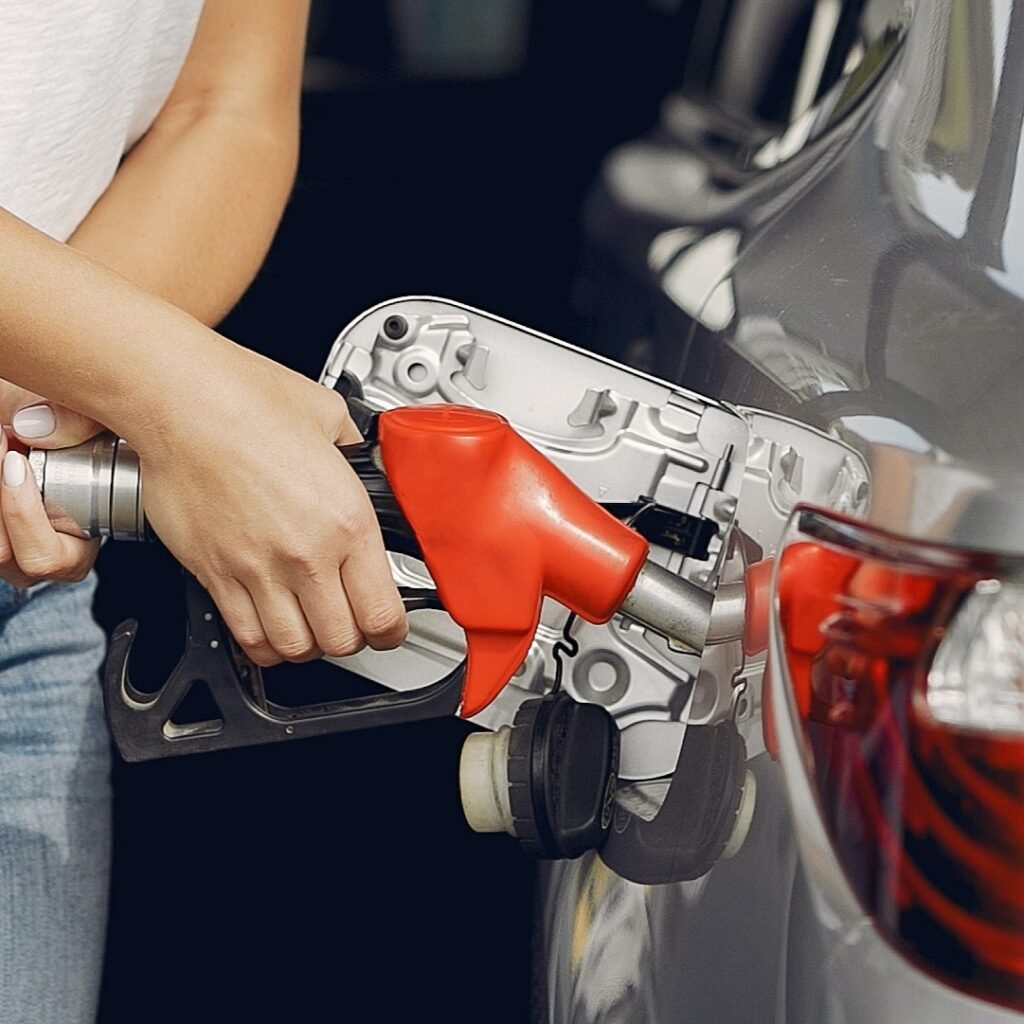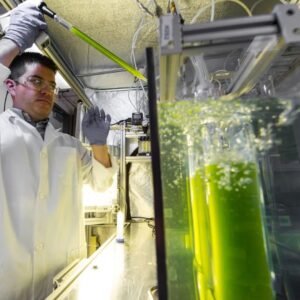Ethanol-blended Petrol, also known as “gasohol,” is a mixture of gasoline and ethanol. The most common blend is 10% ethanol and 90% gasoline (E10), but blends as high as 85% ethanol (E85) are also used. Ethanol is a renewable fuel made from plant materials, such as corn and sugarcane, and it can help reduce greenhouse gas emissions and dependence on fossil fuels. However, it also has a lower energy content than gasoline, which can lead to a slightly lower fuel economy. Additionally, some older vehicles and equipment may not be able to use ethanol blends. Ethanol Based Petrol is the future fuel with going green world.
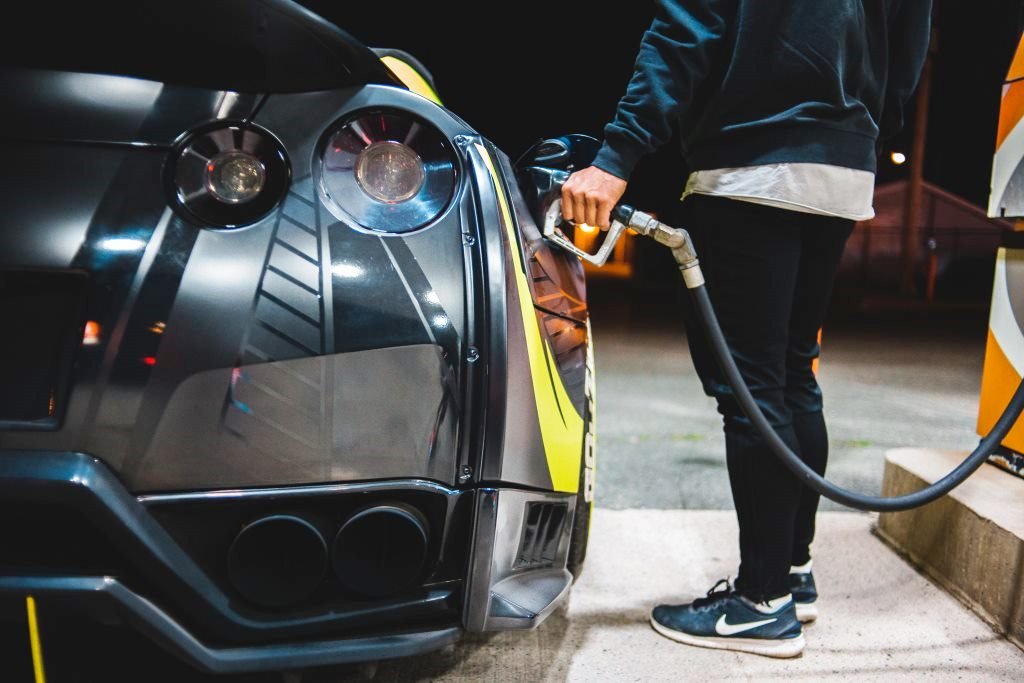
Types of Ethanol Generations:–
| Generation | Made From |
| First Generation | Sugarcane Juice, Sweet Beet, Rotten Potatoes, Sweet Fever, and Corn |
| Second Generation | Rice Husk, Wheat Husk, Corncob, Bamboo, and Woody Biomass |
Ethanol Blended Fuel Types:-
| E-5 Flex Fuel | 5% Ethanol with 95% Petrol |
| E-10 Flex Fuel | 10% Ethanol with 90% Petrol |
| E-20 Flex Fuel | 20% Ethanol with 80% Petrol |
| E-85 Flex Fuel | 85% Ethanol with 15% Petrol |

Ethanol Based Petrol vs Regular Petrol?
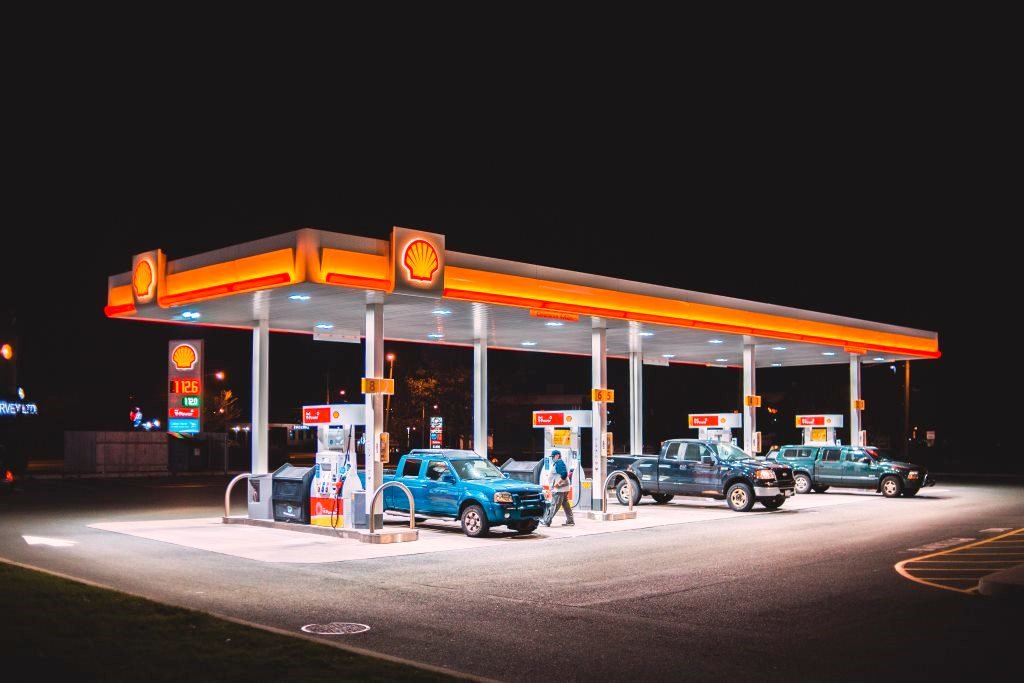
Here are some key differences:
- Environmental impact: Ethanol is a renewable fuel made from plant materials, which can help reduce greenhouse gas emissions and dependence on fossil fuels. Regular petrol is made from non-renewable fossil fuels.
- Fuel economy: Ethanol has a lower energy content than petrol, which can lead to slightly lower fuel economy when using an ethanol blend.
- Engine compatibility: Some older vehicles and equipment may not be able to use ethanol based petrol. It’s best to check the manufacturer’s recommendations for fuel compatibility.
- Availability: Ethanol based petrol is not as widely available as regular Petrol, and it is mostly used in the United States, Brazil, Canada, and a few other countries.
- Cost: The cost of ethanol based petrol may be higher or lower than regular petrol, depending on the region and market conditions.
What are The Ethanol Based Petrol Advantages and Disadvantages?
Advantages of Ethanol Based Petrol:
- Renewable: Ethanol is a renewable fuel made from plant materials, such as corn and sugarcane, which can help reduce dependence on fossil fuels.
- Reduced emissions: Ethanol can help reduce greenhouse gas emissions and other pollutants compared to regular gasoline.
- Octane booster: Ethanol has a higher octane rating than gasoline, which can improve engine performance and power.
- Economic benefits: The production of ethanol can create jobs and stimulate local economies in rural areas.
Disadvantages of Ethanol Based Petrol:
- Lower energy content: Ethanol has a lower energy content than gasoline, which can lead to slightly lower fuel economy when using an ethanol blend.
- Engine compatibility: Some older vehicles and equipment may not be able to use ethanol blends. It’s best to check the manufacturer’s recommendations for fuel compatibility.
- Availability: Ethanol-blended gasoline is not as widely available as regular gasoline, and it is mostly used in the United States, Brazil, Canada, and a few other countries.
- Cost: The cost of ethanol-blended gasoline may be higher or lower than regular gasoline, depending on the region and market conditions.
- Food vs Fuel debate: Critics argue that large-scale production of ethanol can increase food prices by diverting food crops, such as corn, to fuel production.
- Land use: Large-scale production of ethanol can lead to land-use changes, such as deforestation and habitat destruction.
- Water usage: The production of ethanol requires large amounts of water, which can be a scarce resource in some regions.
The conclusion is, ethanol-based petrol has some environmental and economic benefits, but it also has some downsides related to fuel economy, engine compatibility, and cost. Additionally, the large-scale production of ethanol can have some negative impact on food prices, land use, and water usage.
What is Ethanol Based Fuel Made from?
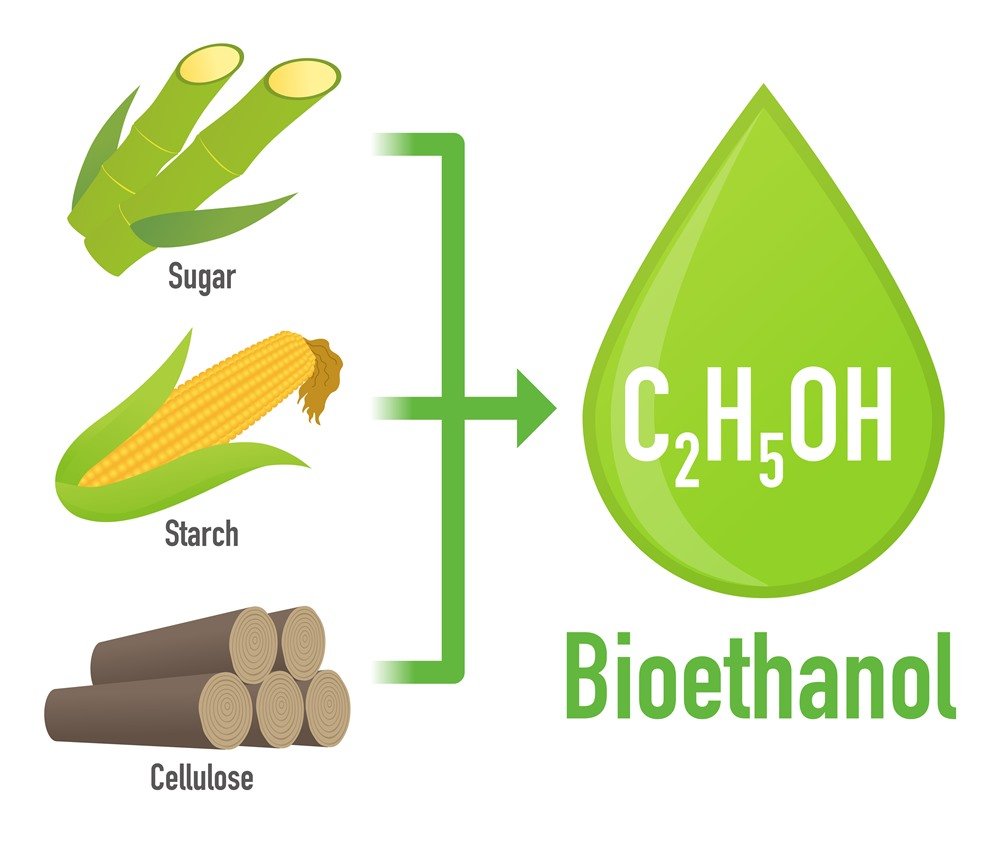
Ethanol based petrol is made from a variety of plant materials, such as corn, wheat, barley, sugarcane, and even agricultural waste products like straw, corn stalks, and bagasse. The most common feedstock used for ethanol production is corn, which is abundant and relatively easy to grow in many parts of the world.
The process of making ethanol fuel involves breaking down the sugars in the plant material through a process called fermentation and then distilling the resulting liquid to increase the alcohol content. The resulting liquid is then blended with gasoline to create ethanol-blended fuel.
Another way of producing ethanol is through the use of cellulosic feedstock, which is basically non-edible plant material such as switchgrass, corn stover, forestry residuals, or municipal solid waste. This method of production allows for the use of non-food feedstocks and reduces the competition between food and fuel.
How to Make Ethanol for Fuel?
Making ethanol for fuel involves several steps:
- Enzyme treatment: The slurry is then treated with enzymes to break down the complex sugars into simpler sugars such as glucose and fructose.
- Fermentation: The treated slurry is then fermented using yeast or bacteria to convert the sugars into ethanol and carbon dioxide.
- Feedstock preparation: The plant material is ground and mixed with water to form a slurry.
- Distillation: The fermented liquid is then distilled to increase the ethanol content and remove impurities.
- Dehydration: The distilled liquid is then dehydrated to remove any remaining water and increase the ethanol concentration to around 95%.
- Final blending: The concentrated ethanol is then blended with gasoline to create ethanol-blended fuel.
It’s worth noting that this process may vary depending on the feedstock used, the technology and equipment available, and the regulations in the country. Also, commercial-scale ethanol production requires significant investment in equipment, facilities, and personnel.

What Are The Ethanol Based Petrol Problems in vehicles?
Ethanol-blended gasoline, also known as “gasohol,” can cause problems in vehicles if not used properly. Here are some of the most common issues:
- Engine compatibility: Some older vehicles and equipment may not be able to use ethanol blends. Ethanol can cause corrosion and damage to certain types of materials used in fuel systems, such as rubber hoses and gaskets. It’s best to check the manufacturer’s recommendations for fuel compatibility before using an ethanol blend.
- Fuel economy: Ethanol has a lower energy content than gasoline, which can lead to slightly lower fuel economy when using an ethanol blend.
- Water absorption: Ethanol is hygroscopic, meaning it absorbs water from the air. If water accumulates in the fuel system, it can cause engine problems and damage.
- Cold weather starting: Ethanol-blended fuel can have a lower “cold filter plugging point” than regular gasoline, which means it can become too thick to flow through the fuel system in cold temperatures. This can make it difficult to start the engine in cold weather.
- Power loss: Due to the lower energy content of ethanol, using high ethanol blends can lead to power loss in some engines.
- Storage: Ethanol blended fuel should be stored in a sealed container to prevent water absorption and maintain its quality.
The Conclusion is, ethanol-based petrol can cause problems in vehicles if not used properly. These include issues related to engine compatibility, fuel economy, water absorption, cold weather starting, power loss, and storage. These problems can be mitigated by using the right blend of ethanol and gasoline, and by following the manufacturer’s recommendations.
Ethanol Petrol blending companies in India.
- Indian Oil Corporation Ltd.
- Hindustan Petroleum Corporation Ltd
- Bharat Petroleum Corporation Ltd
Top Ethanol Manufacturers in India
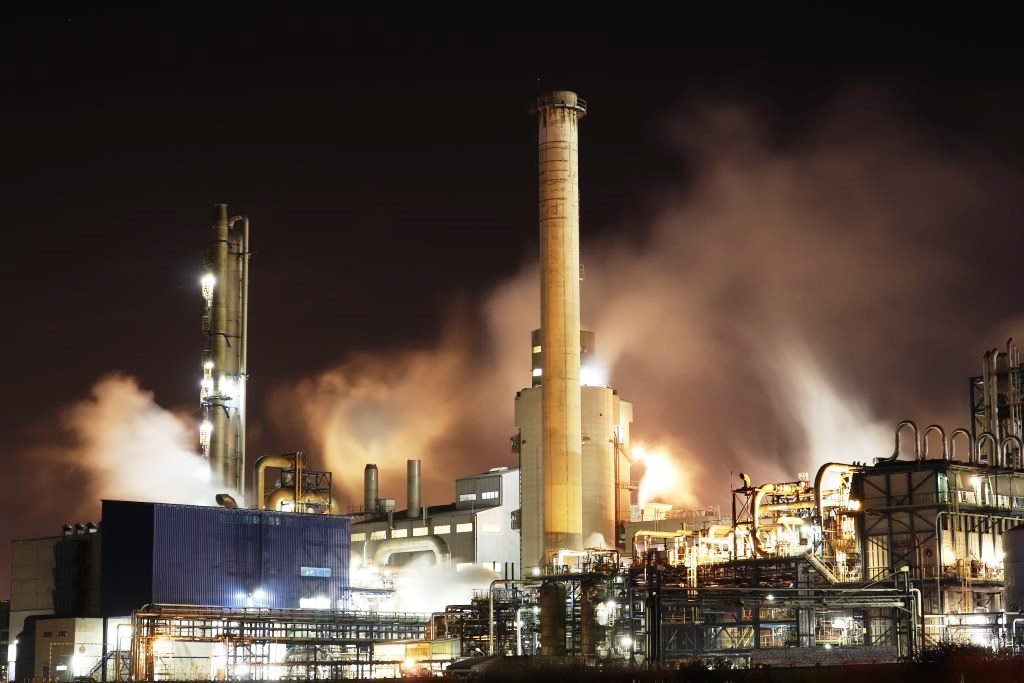
- India Glycols Limited.
- Balrampur Chini Mills Limited.
- Shri Renuka Sugars Limited.
- Triveni Engineering and Industries Limited.
- Godavari Biorefineries Limited.
- Dalmia Bharat Sugar and Industries Limited.
- Bajaj Hindustan Sugars Limited.
- Simbhaoli Sugars Limited.
- East India Distilleries Parry Limited.
- Mawana Sugars Limited
Ethanol Fuel-Supported Upcoming Vehicles in India
- Maruti Suzuki Weganar FFV
- Toyota Corolla Altis
- Suzuki Gixer 250 FFV
- Honda XRI 300 Rally
- Bajaj Pulsar NS 160
- Yamaha FZ-15 ABS
- TVS Apache RTR 160 4V
Do you know about The Fossil Fuels?

